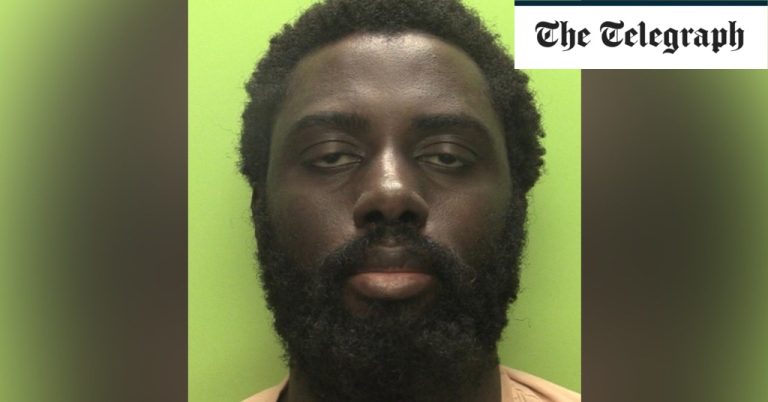Calocane was wanted by police at the time of the killings for an assault on an emergency worker and had been sectioned on four occasions in the three years before.
He was released back into the community each time after healthcare professionals deemed his risk to the public was low.
Two years before the attacks, in May 2021, he went to Thames House, MI5’s London headquarters, and begged them to “stop controlling him”.
The court heard he repeatedly lied about taking his antipsychotic medication and Professor Nigel, a forensic psychiatrist, described him as “an intelligent man who strove to conceal his madness from clinicians”.
Calocane’s barrister, Peter Joyce KC, said: “He should not have been on the streets of Nottingham but the fact he was is not his fault.”
Calocane has never offered any explanation for the killings, but psychiatrists said he claimed that voices told him to find innocent victims or “something atrocious” would happen to his family.
In his victim impact statement, Dr Sanjoy Kumar, Grace’s father, accused the mechanical engineering graduate of “concocting” a story of mental illness after his arrest and said he had “deceived” psychiatrists.
Sinead O’Malley-Kumar, Grace’s mother, previously described her daughter as “brave beyond words”.
She has called for mandatory prison sentences for anyone caught in possession of a knife and said carrying one was no different to having a gun.
Barnaby’s mother, Emma Webber, said she had nothing but “utter rage and pure hatred” for her son’s killer.
Assistant Chief Constable of Nottinghamshire Police, Rob Griffin, has admitted more could have been done to locate Calocane before he carried out the killings.
He claimed however that he thought it “highly unlikely” that Calocane would have received a custodial sentence.
Calocane’s lawyers suggested that the killer’s mental health would have deteriorated further during his time “unlawfully at large”.
